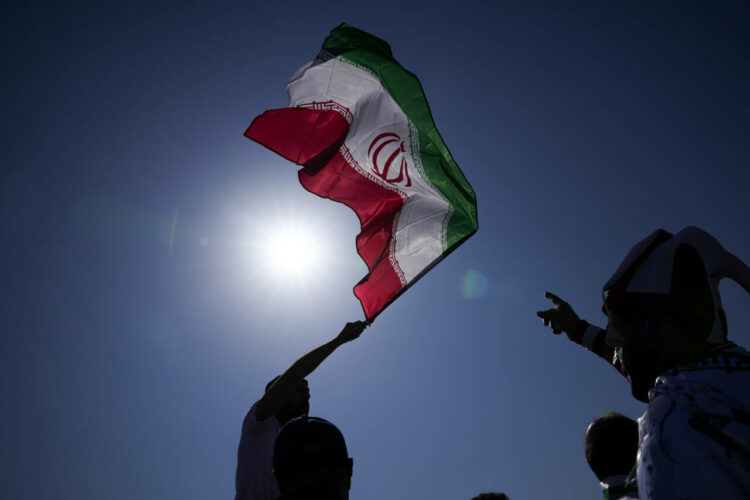On July 3, 2023, an organisation named Rights Group said that the West Asian nation of Iran had executed 354 people in the first six months of 2023, adding that the pace of executions was much higher as compared to a figure in 2022.
Rights Groups have accused Tehran of increasing the death penalty to spread fear across society in the wake of the protests movement that erupted in September 2022, following the death of a Kurdish Woman in 2022 on the grounds of not wearing hijab properly.
A Norway-based Iran Human Rights (IHR) said that 354 people figure for the first six months up to June 30, 2023, was thirty-six per cent on the same period in 2022 when 261 people were executed.
The group emphasised concerns that the non-ethnic Persians are disproportionately affected by executions in Iran, and twenty per cent of all executions were members of the Sunni Baluch minority.
206 people were executed for drug-related charges, a 126 percent rise compared to the same period last year, the group said, while the six women were among those executed in the period while publicly hanged, it added.
As per IHR Director Mahmood Amiry Moghaddam, “The death penalty is used to create societal fear and prevent more protests The majority of the people killed are low-cost victims of the killing machine, drug defendants who are from the most marginalised community.”
“What we are witnessing in Iran are not executions, but extra judicial mass killings to create societal fear to maintain power. In order to stop this killing machine, firm and concrete actions are needed by the international community and not just expressions of regret and condemnations,” Moghaddam said.
In early 2023, the IHR reported that Iran had carried out 582 executions in 2022, the highest since 2015. Iran is the world’s second-largest executioner and human rights violator after China for which no data is available, Amnesty International said.
Iranian authorities have executed seven men in cases related to the protests, with rights groups warning at least seven more arrested over the demonstrations are at imminent risk of execution. The conditions of Human Rights in Iraq are very severe.
The Iranian Authorities severely restricted freedom of assembly, speech, and expression. Iranian law considers acts such as insult to the Prophet, apostasy, drinking alcohol and certain non-violent drug-related offences as punishable by death. For more than 100 offences, the accused is subjected to public flogging.
Other crimes which invite capital punishment imposed by the Iranian authorities include molestation, murder, rape, drug trafficking, kidnapping, armed robbery, terrorism, burglary, sexual misconduct, fornication, prostitution, along with adultery.
There are certain crimes, such as Moharebeh (enmity with God), and Efsad-fil-Arz ( corruption on earth), are punishable by death. Moreover, the nation is also well known for its explicit use of torture and ill-treatment.
Prison and prosecution authorities often hold prisoners in cruel and inhuman conditions. Religious minorities such as Christians, Jews, Arabs, and Sunni Muslims have suffered extreme discriminatory actions meted out to them.
The condition of women and girls in Iran is much more than pathetic. They are forced to adhere to strict Islamic laws, which include religious clothing and practices like wearing Hijab, remaining fully clad in Burqa and travelling outside accompanied by a male, which can be her father, brother, or husband. The death penalty is also applicable to the womenfolk too.
These laws in the country are established by the Islamic Consultative Assembly in Iran. They must be consistent with Sharia laws.
The United Nations described that the executions carried out in Iran are often used as a political tool. The death penalty is often imposed on arbitrary and vague reasons or causes. The UN has asked Iran to reform its laws and abolish the death penalty.




















Comments